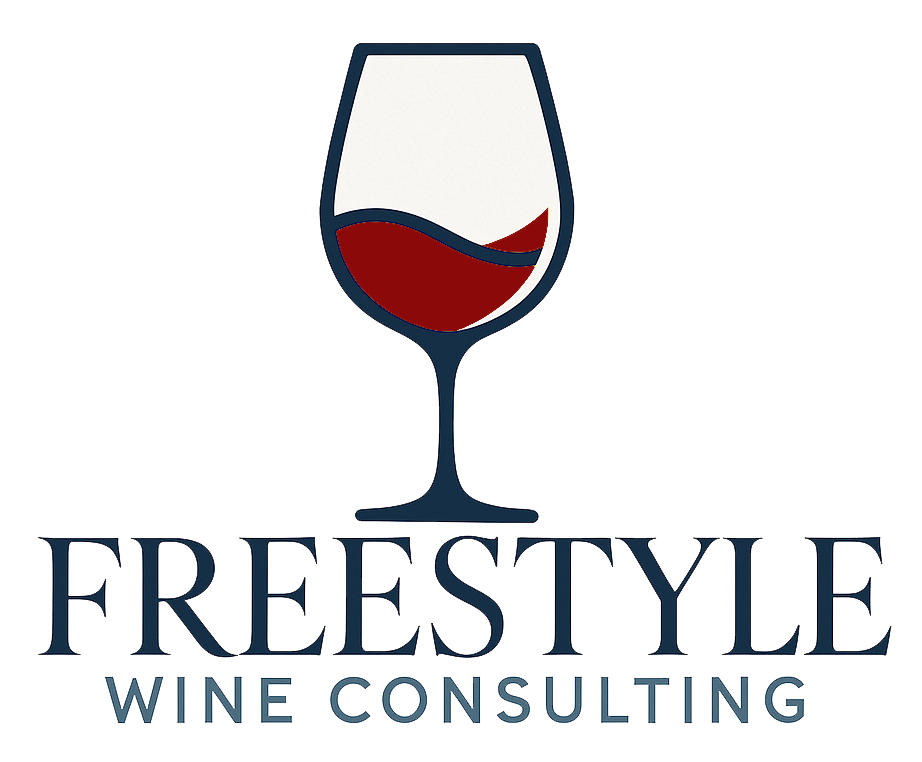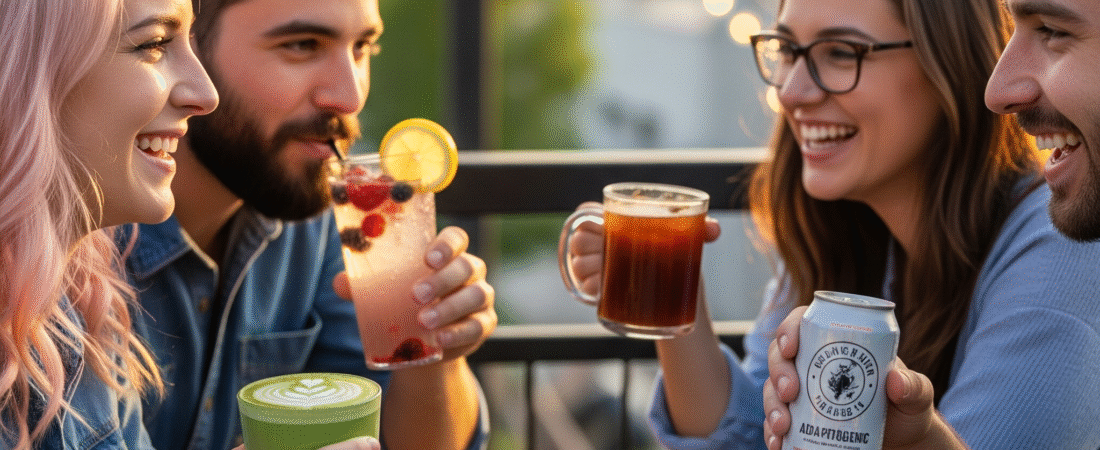The wine world, long defined by tradition, is experiencing a dynamic transformation. At Freestyle Wine Consulting, we’ve been watching these changes closely. Perhaps the most significant shift? Younger generations are rewriting the rules—moving away from wine and other classic alcoholic beverages, and seeking options that are lighter, lower in alcohol, and better fit their lifestyles.
The Generational Shift
Millennials and Gen Z have widened the palate for what constitutes social drinking. While their predecessors favored wine and spirits, younger people increasingly experiment with craft cocktails, hard seltzers, non-alcoholic options, and even cannabis-based beverages. This isn’t just a passing fad—it’s a recalibration of priorities and preferences.
Recent industry research shows that wine’s market share among young drinkers is slipping. For many, beer and ready-to-drink canned cocktails offer convenience, portability, and novelty. Health-consciousness plays a major role; younger consumers often check nutrition labels and gravitate to beverages with fewer calories and lower ABV (Alcohol by Volume).
Wine’s New Direction: Lighter, Lower Alcohol, More Fun
All is not lost for wine—far from it. Those younger drinkers who do choose wine are looking for styles that reflect their attitudes toward wellness and moderation. Here are the leading trends we see:
- Low-Calorie, Low-Alcohol Wines
Producers are responding to demand for wines under 100 calories per glass and with ABVs in the 9%-11% range. These wines feel approachable and support a balanced lifestyle—without sacrificing flavor. - Bubbly and Rosé on the Rise
Sparkling wines and rosé are thriving thanks to their refreshing profiles and versatility. Light, crisp, and ideal for daytime gatherings, they’re winning new devotees. - Sustainable and Transparent Labels
Environmental concerns matter. Younger drinkers want to know where their wine comes from, and how it’s made. Organic, sustainable, and “clean” wine labels are gaining traction. - Innovations: Cans, Single-Serve, and Non-Alcoholic Wine
Flexible packaging and alternative formats—including canned wines and non-alcoholic options—fit easily into active lifestyles. These convenient choices make wine accessible at picnics, concerts, and other on-the-go moments.
What Freestyle Wine Consulting Recommends
For wineries, retailers, and hospitality businesses, adaptation is key. Consider introducing lighter, lower-alcohol wines to your portfolio. Educate your customers with clear labeling and stories about sustainability. Offer tastings of innovative formats and non-alcoholic choices.
Remember: younger drinkers want drinks that fit their values, not merely what’s “traditional.” Freestyle Wine Consulting can help your business navigate this changing market—ensuring wine remains a vibrant part of social life for generations to come.
Looking to capture the enthusiasm of new wine lovers? Contact Freestyle Wine Consulting for tailored strategies and insights—let’s toast to the future!

